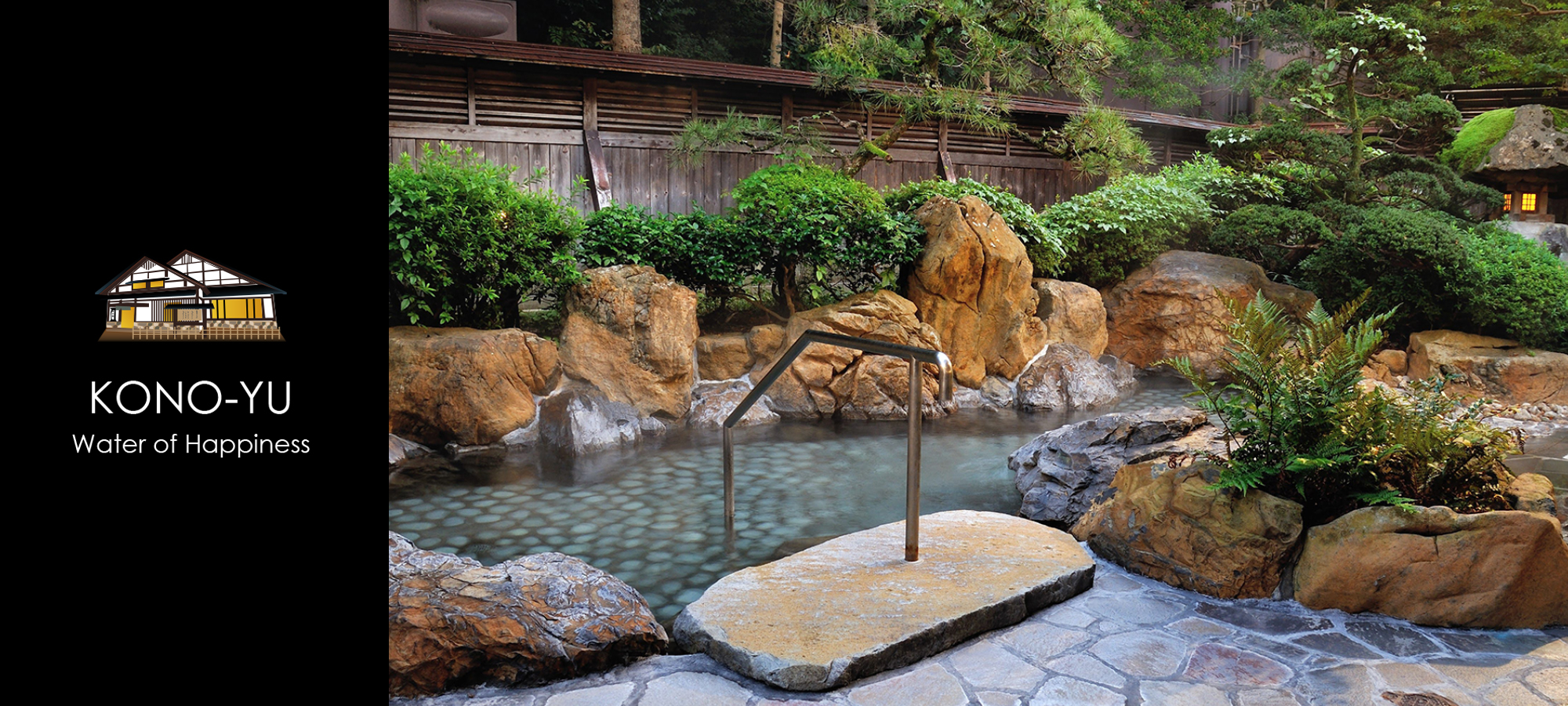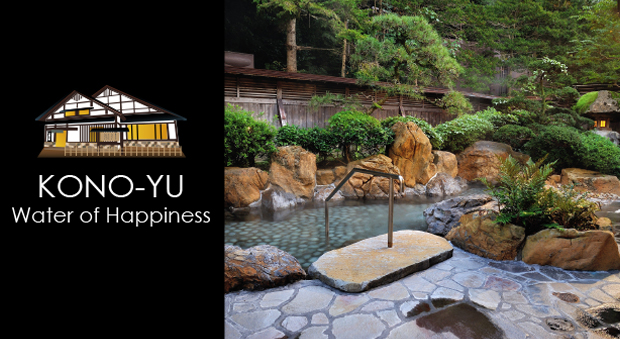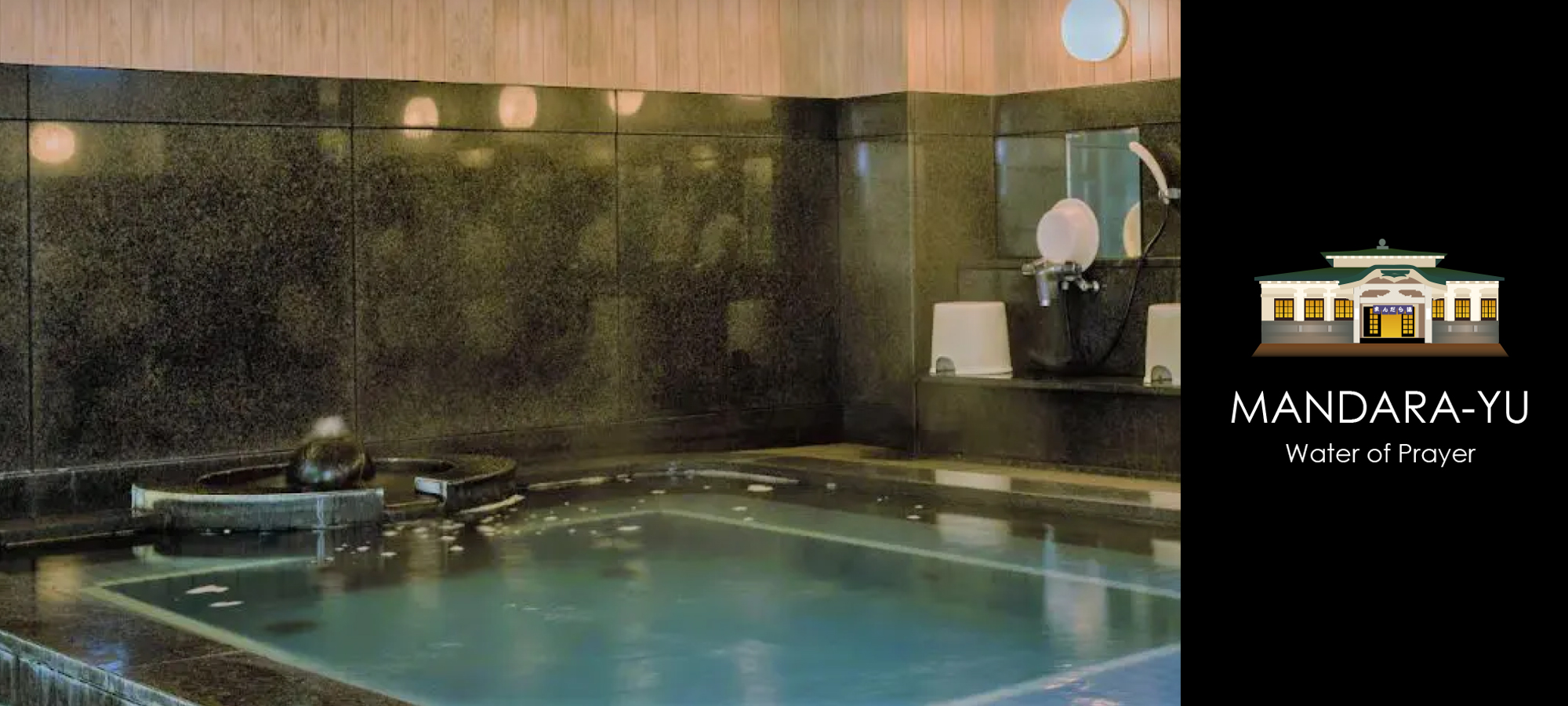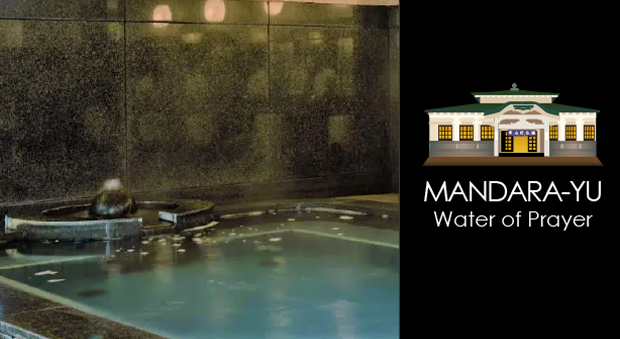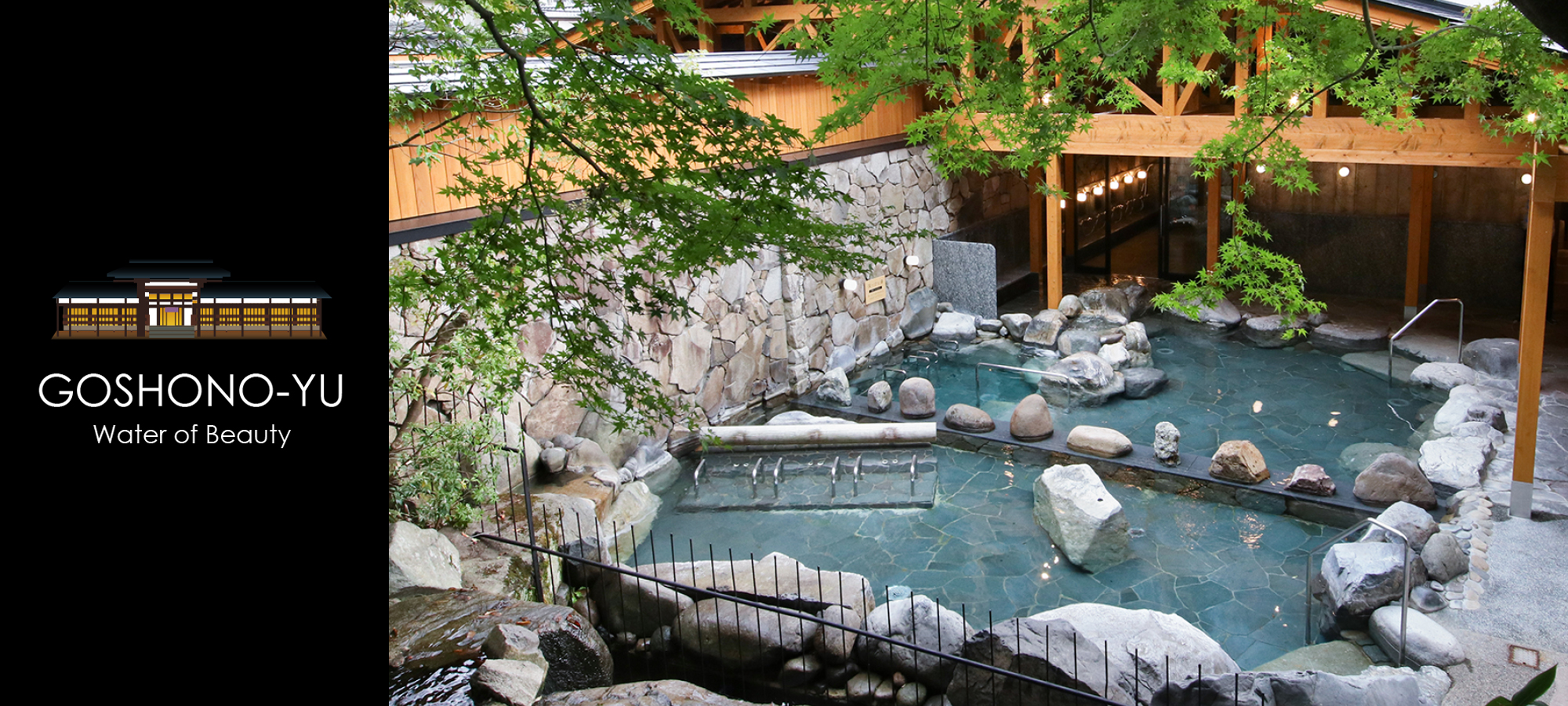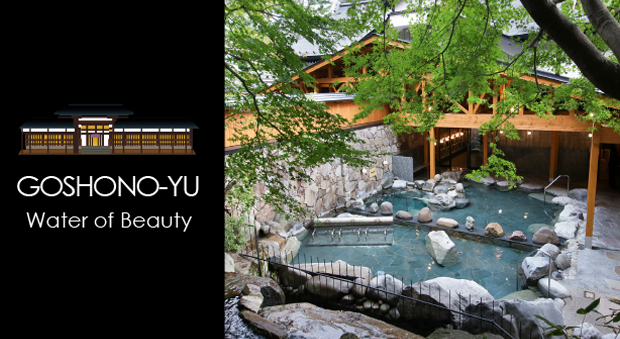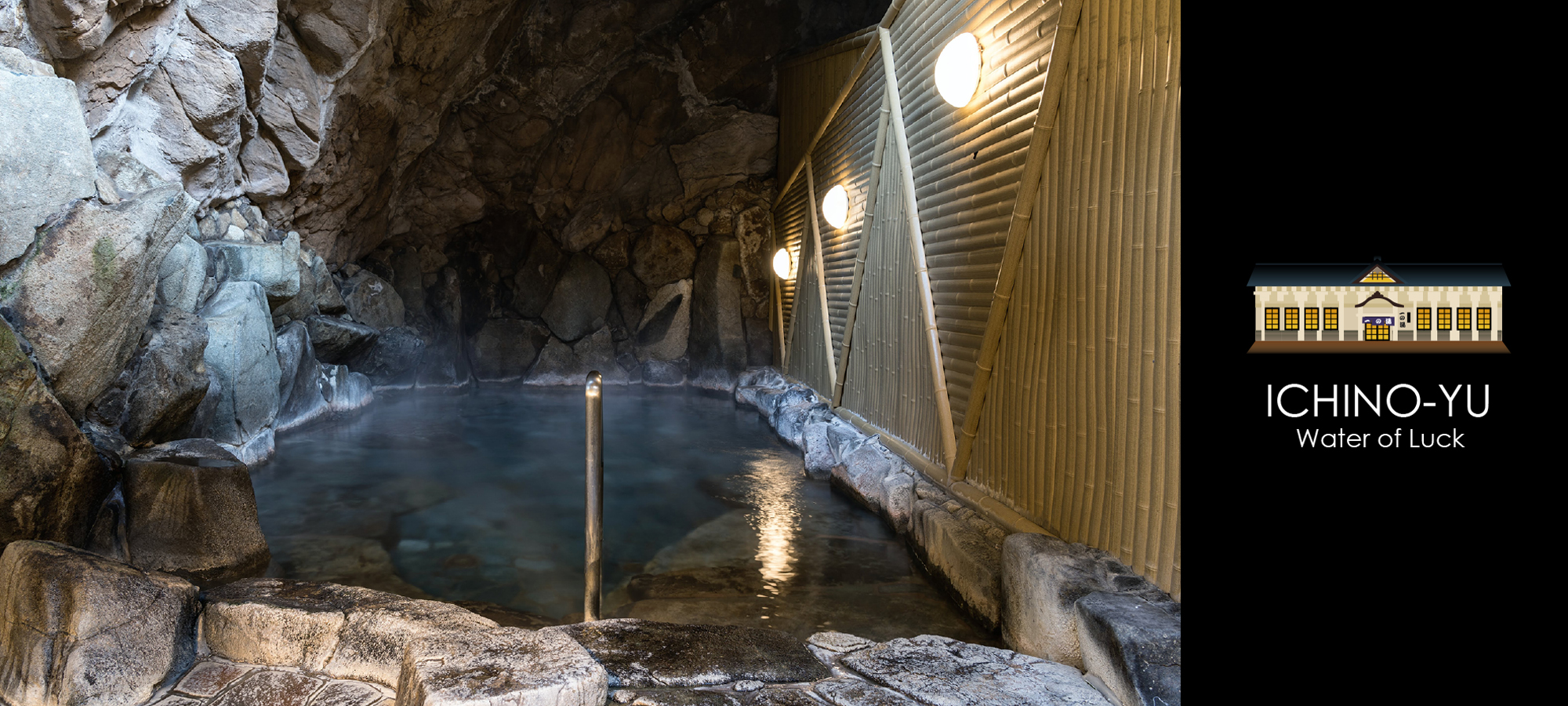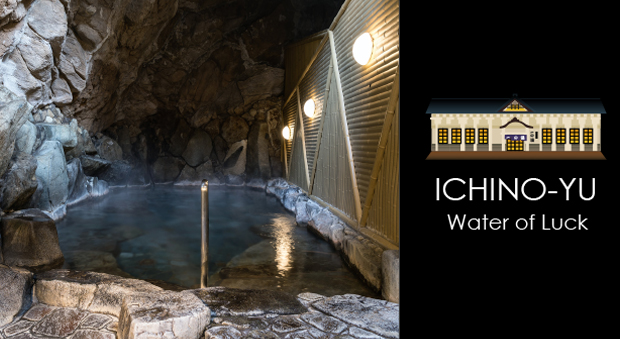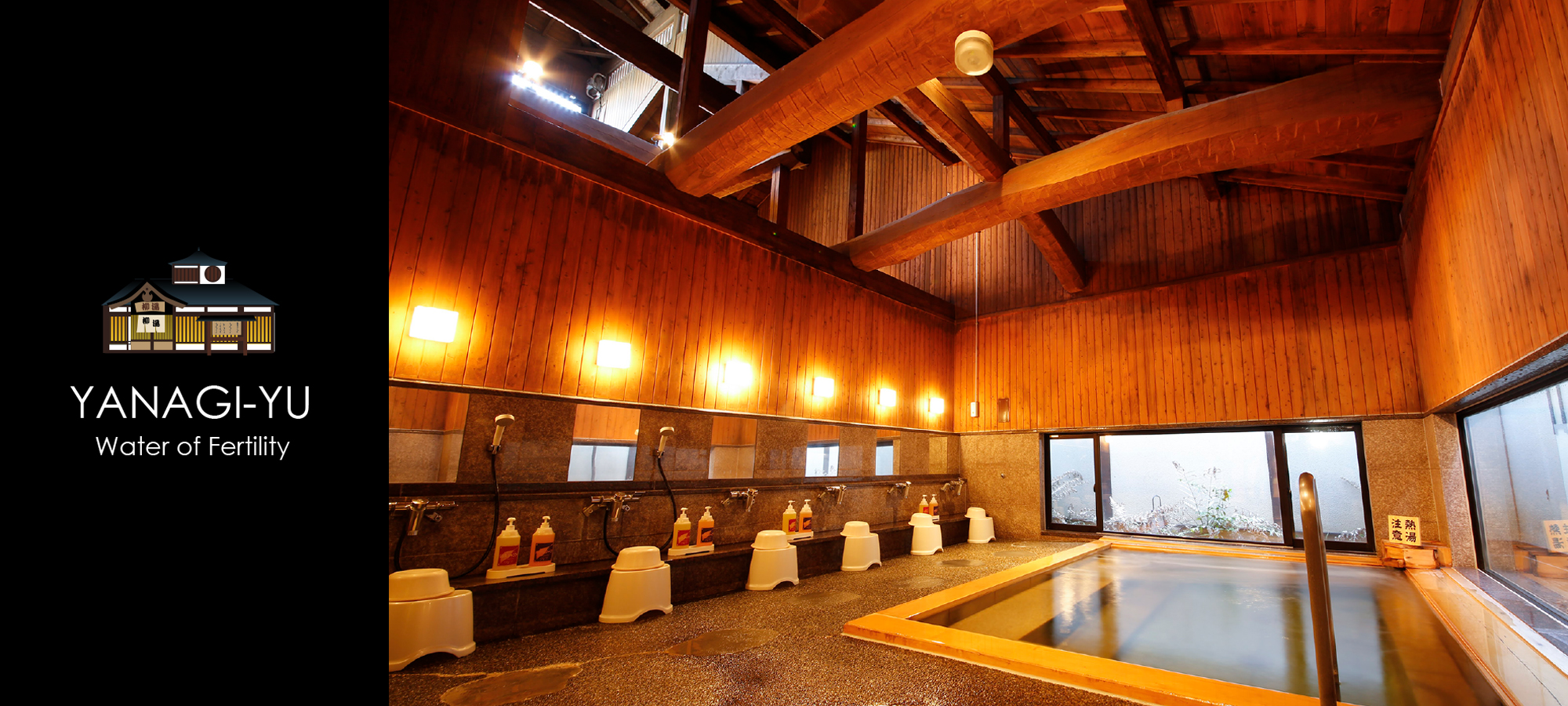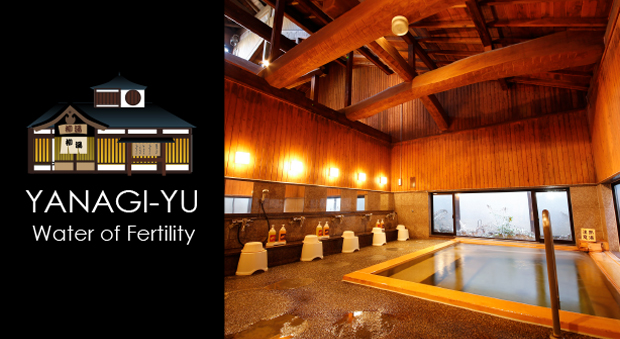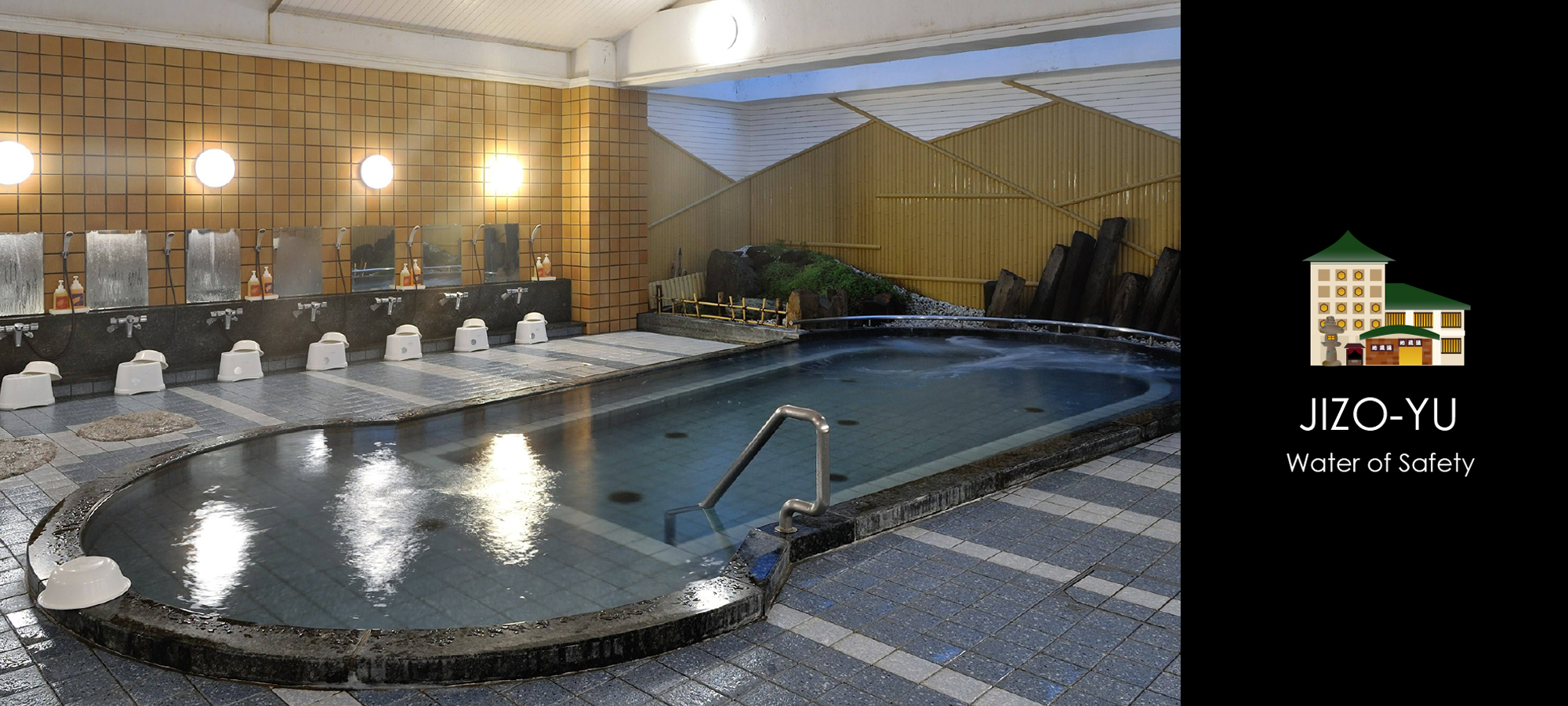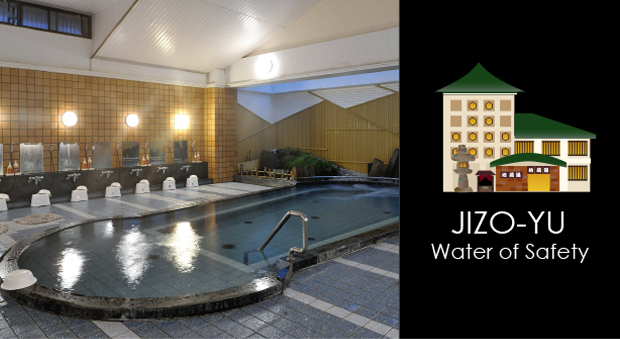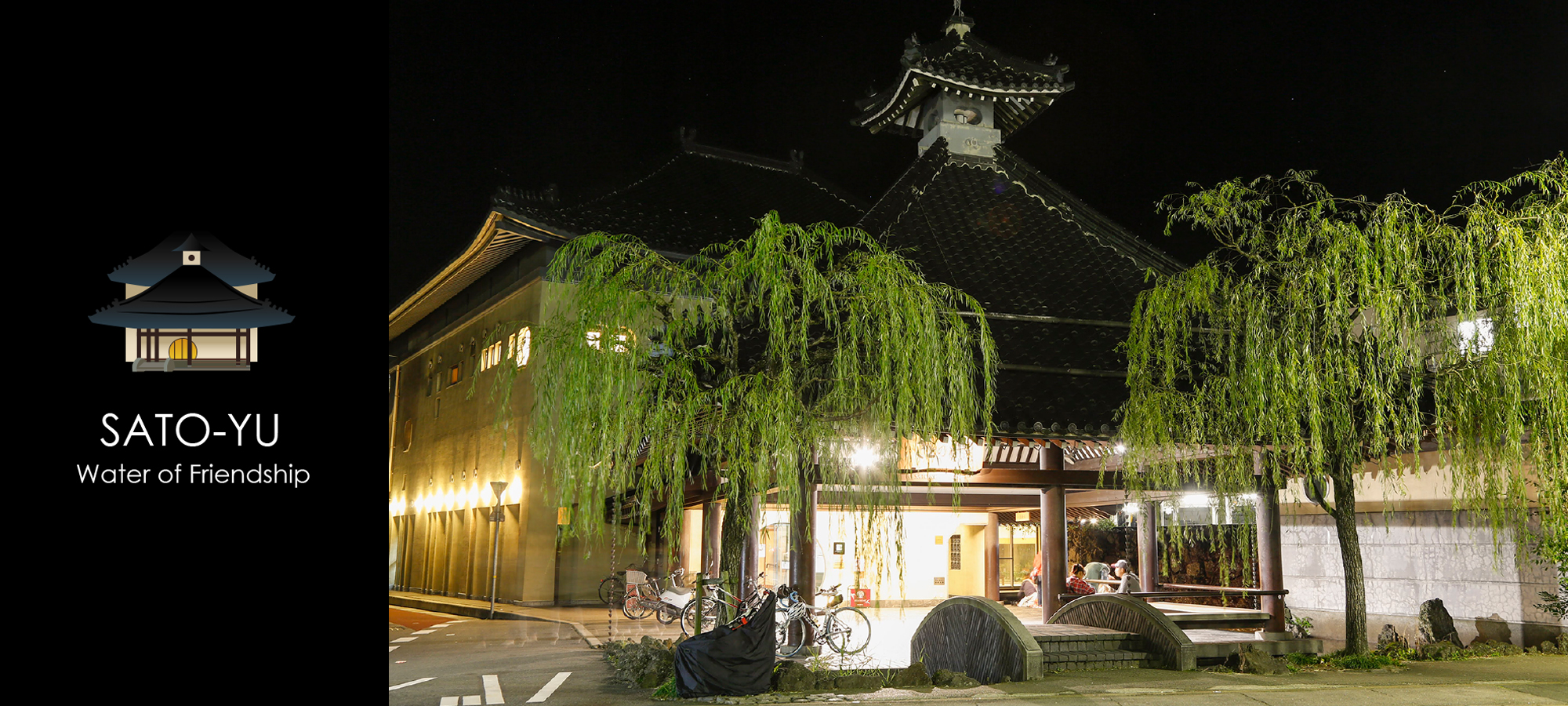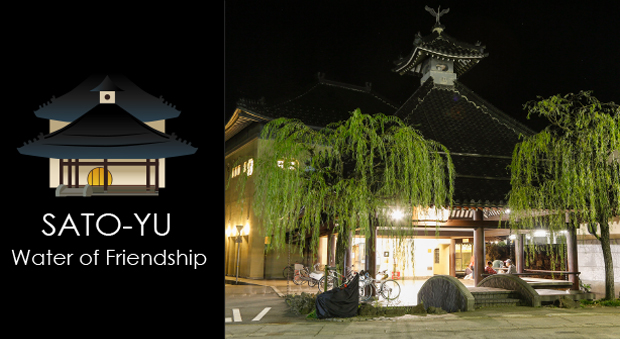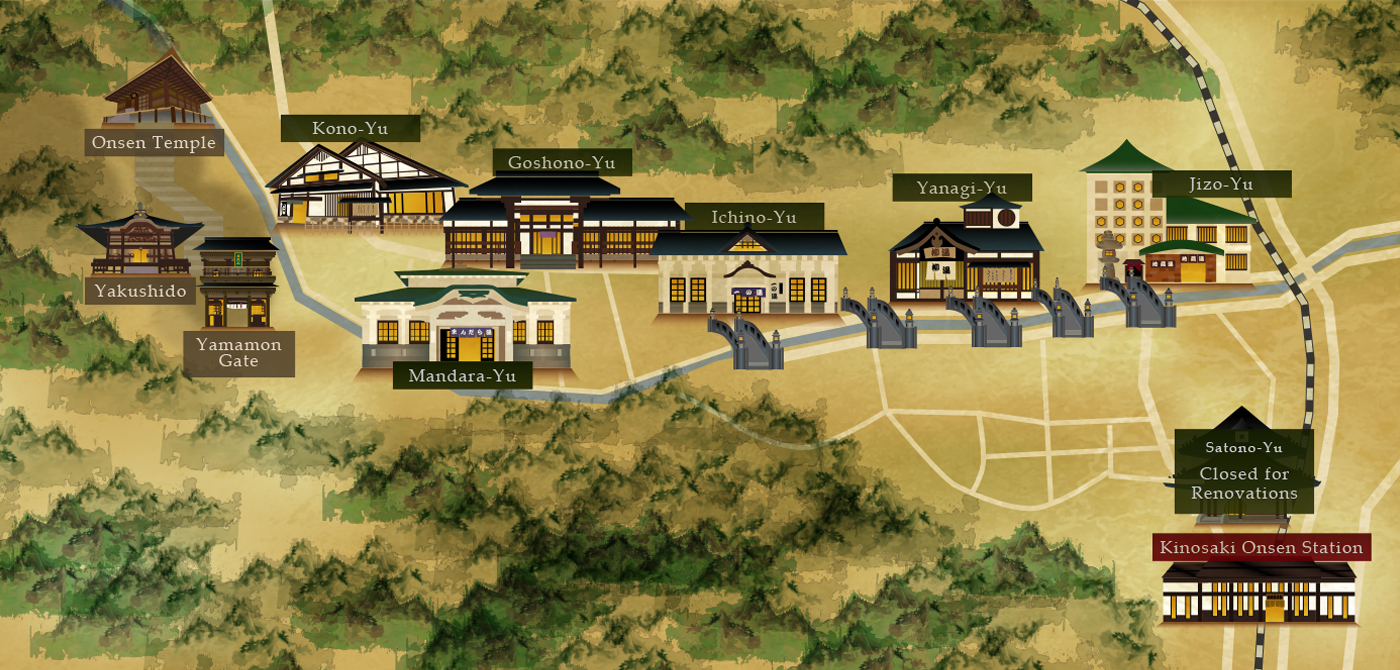
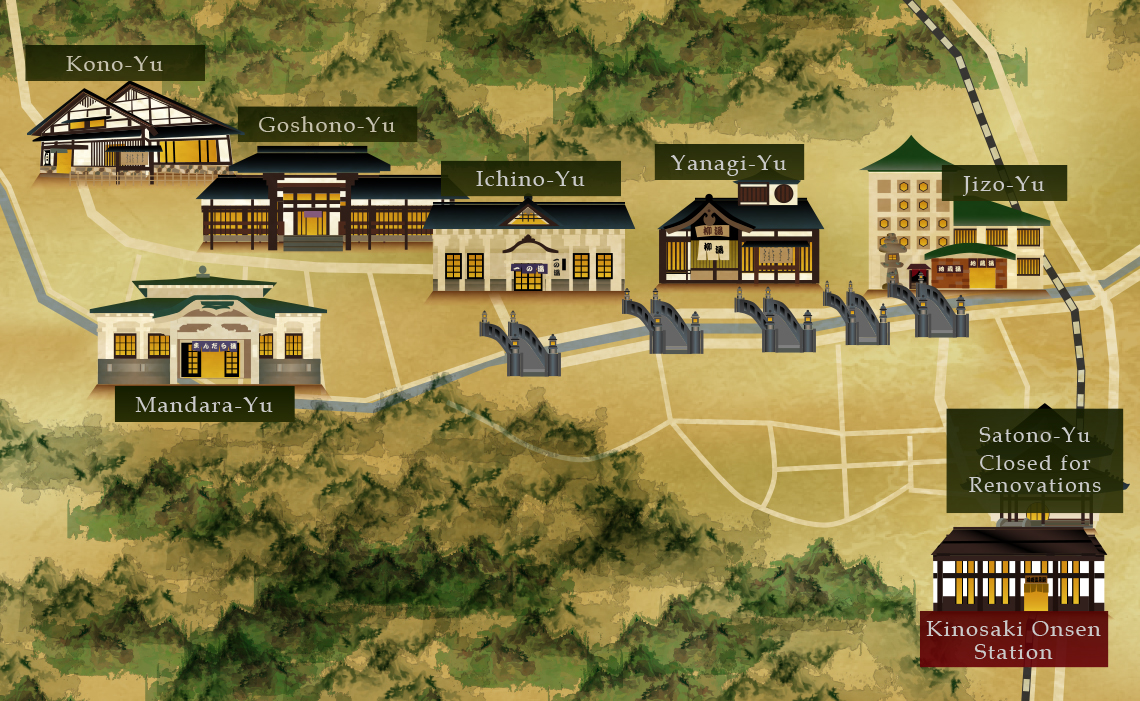
Entering the Sacred Waters of Kinosaki Onsen

Begin your journey to the 7 mystic hot springs of Kinosaki, first visiting Onsenji Temple to give thanks to Dochi Shonin, the founder of Kinosaki Onsen.
In ancient times, onsen were considered sacred gifts from the water's guardian deity. Before entering the waters, one first had to hike to Onsenji Temple and pray to the onsen guardian. One would receive a “yu-shaku,” a type of ladle, that would act as a pass to enter the onsen.
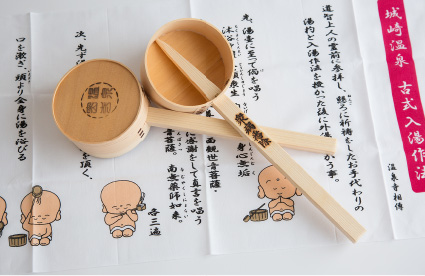
Onsen Day Pass "Yumepa"
Onsen Day Pass “Yumepa” Modern entry to the onsen requires you to purchase a ticket. Those staying at an accommodation in Kinosaki Onsen are usually given a pass to all the public bathhouses, referred to as “yumepa,” upon check in (please check with your accommodation if they offer this service). Day-trippers to Kinosaki can purchase a day pass to the onsen at any of the seven bathhouses for 1,500 JPY.
All of Kinosaki Onsen’s seven onsen bathhouses allow tattoos of all shapes and sizes, a rarity in Japan.
Other recommended pages
The Seven Mystic Onsen Bathhouses
All of Kinosaki Onsen’s public bathhouses are tattoo-friendly, separated by gender, and require guests to be naked.
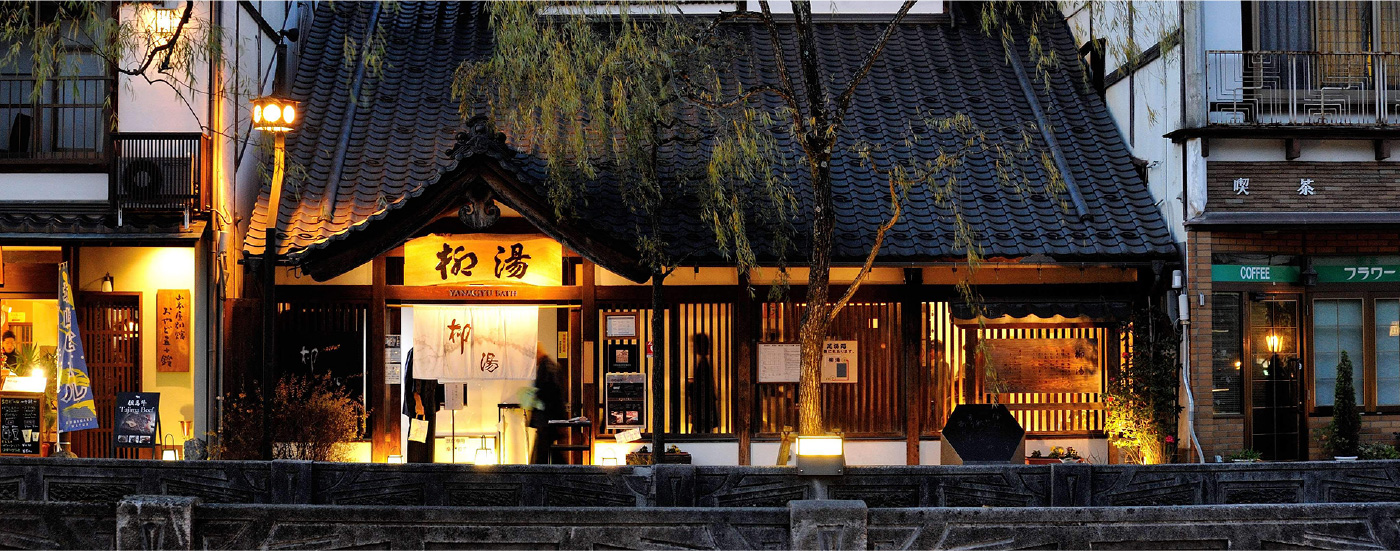
About the Individual Bathhouses

Looking for a private bath?
For an intimate bathing experience, try a private hot spring bath available in certain accommodations.
See accommodations with private baths